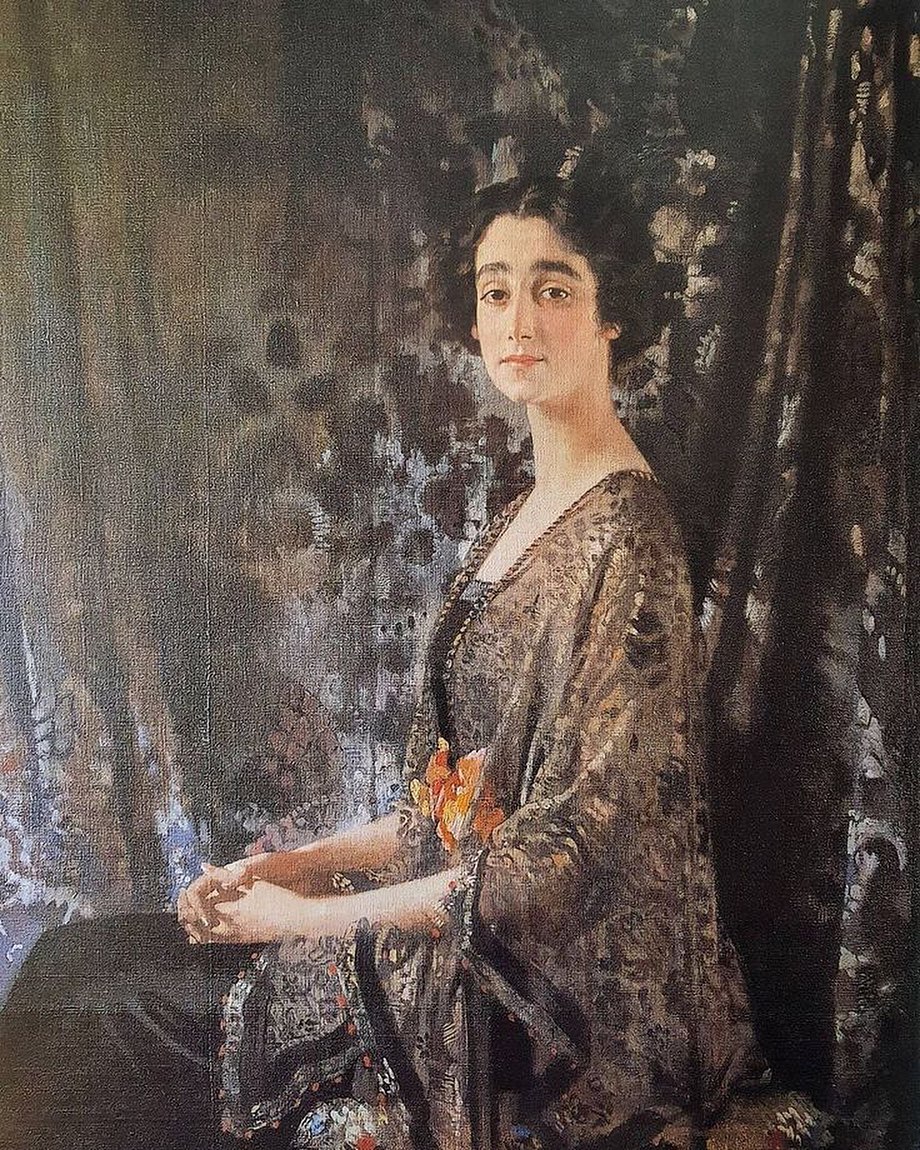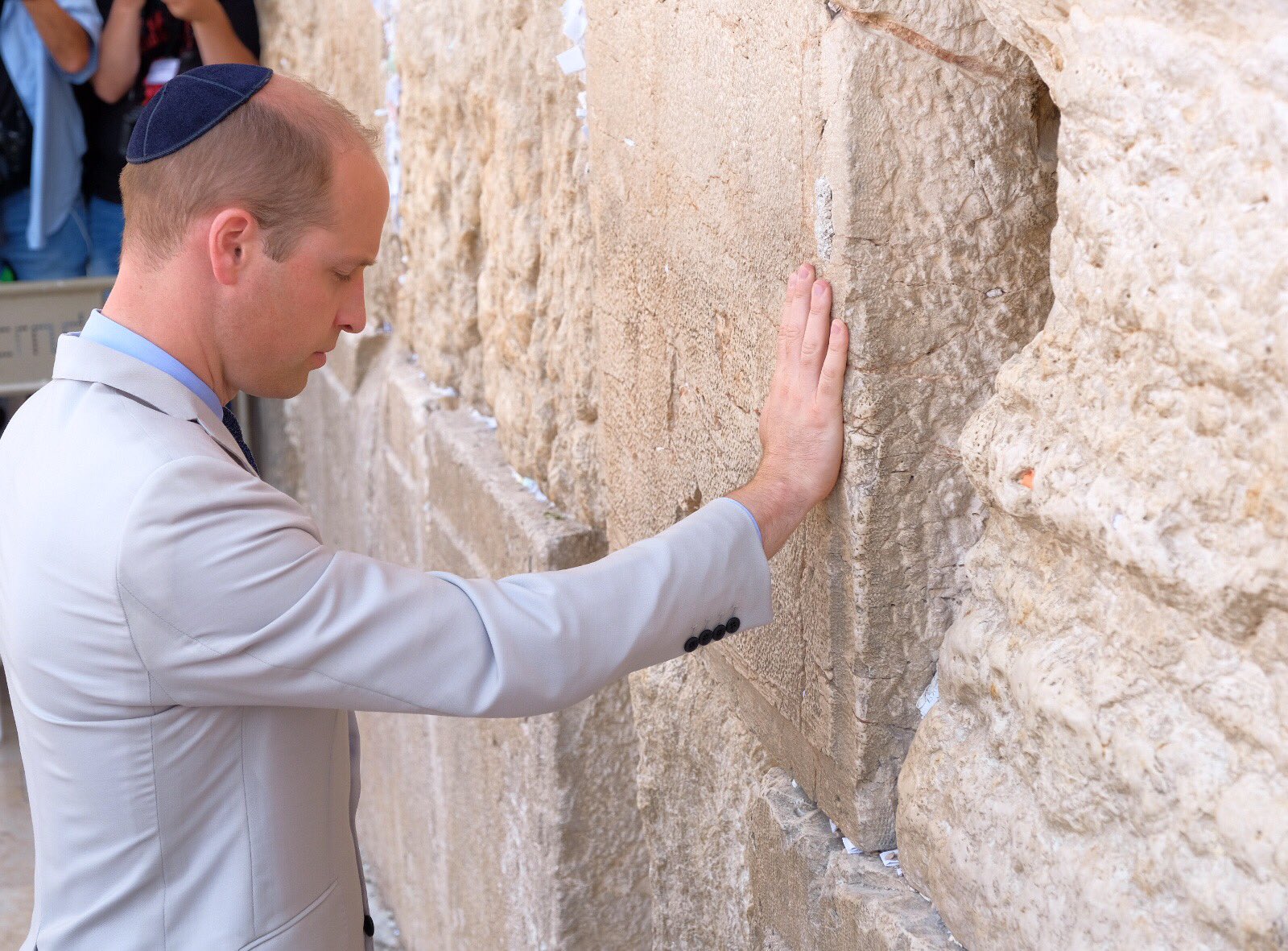In this week’s column, I will take on an intractable problem. The Middle East? No. Antisemitism at home? Nope, try again.
The questions on my mind this time concern Kate Middleton. Catherine, Princess of Wales, if you prefer. She took a health-related leave of absence from her royal duties, due to unspecified abdominal surgery. Those not super into royal gossip figured, That’s too bad, she’s unwell, she is recuperating, and didn’t think much of it. At least, this was my situation. My late father was a gastroenterologist. I know roughly the things that can go wrong with an abdomen and don’t find this particularly mysterious.
Kate then posted a photo of herself with her family, ostensibly indicating that all is well in Elsa’s palace or wherever it is royalty live, but this backfired when it became clear the image was digitally manipulated. Kate (‘Kate’) apologized for confusing matters, but also, the royals didn’t do the seemingly obvious thing and post an authentic photo. (See the recent Globe and Mail column by Marsha Lederman for a timeline up to that point, and analysis of why this matters for anyone attempting to follow news generally, not just royal gossip.)
Well. Now Kate is making public appearances… according to… “a witness,” an unnamed source quoted in The Sun. Still no photo.
I have gone on long enough that you’re wondering about the Jewish angle because let me tell you, a Jewish angle there is.
Among the gazillion rumours flying around about Kate’s disappearance (?) is that Prince William is off with a noblewoman who is both their neighbour—living in a rahther grahnd place called Houghton Hall—and a woman of striking physical resemblance to Kate herself. Do I know if this is true? No. Do I have any reason to think it is? I do not, although I will grant that it’s more plausible than the Kate’s actually a hologram-level theories floating around, in that it involves human beings doing the types of things human beings often do.
I did what anyone would and fell into a sinkhole reading about the Marquess and Marchioness of Cholmondeley. But I quickly grew bored of the Marchioness and shifted gears, deep-diving where the Marquess is concerned. He is 24 years older than his wife, but if you’re picturing a pretty young thing with an ogre, you might want to do some image-searching of the Marquess de (gets copy-paste ready) Cholmondeley, pictured below, in a 1992 photograph by Allan Warren. She’s pretty (a former fashion model, apparently) but he is, if I may, prettier still.

This still-got-it prince (not technically a prince but whatever) is friends—or more than friends, or less than friends, maybe they’ve never been in a room together, I don’t know these people personally—with a controversial Frenchman. How very aristocratic—a real life and a life for show, for the heirs—but like I said, I have no idea if there’s anything to it (maybe he’s right here in Toronto with another woman! maybe he’s a hologram!) and don’t particularly care. That is not the part of this story I am interested in.
No, that would be this gentleman.

Wikipedia-ing the Marquess’s family tree led me all the way back to a man named David Sassoon. “David Sassoon (October 1792 – 7 November 1864) was the treasurer of Baghdad between 1817 and 1829. He became the leader of the Jewish community in Mumbai after Baghdadi Jews emigrated there.” His son, in turn, was “Sir Albert Abdullah David Sassoon, 1st Baronet,” a name that could be the basis for a Jewish Studies dissertation. Albert begat Edward, who married a Rothschild, more specifically, Aline Caroline de Rothschild, Lady Sassoon, thus bringing a touch of Ashkenazi into the family.
Their children included a certain Sybil Rachel Betty Cecile Cholmondeley, Marchioness of Cholmondeley CBE, shown below in a 1916 painting by William Orpen.

Coincidentally, I am wearing exactly what she is. Take my word for it. If I were more digitally skilled I would at any rate be able to Photoshop the fleece I’m really wearing into something silk and drapey.
My love of this woman’s name is pure Britcom—it’s a hybrid of Sybil Fawlty of Fawlty Towers and Mrs. Slocombe of Are You Being Served?, a character whose many possible first names include Rachel and Betty, and whose husband was Cecil. And the intertwined history of these great Jewish families and European aristocracy is something I’ve long found fascinating. This pattern was a big deal in the history of intermarriage—not that many people were actually in such marriages, but they held great symbolic weight, and certainly predated widespread intermarriage amongst the commoners.
But for those less into intertextual analysis of this kind, the relevant fact from Sybil’s Wikipedia page is that “Lady Cholmondeley was largely responsible for restoring her husband’s family estate, Houghton Hall, to its former glory.” Sybil’s son George had a son named David and that David is the one who may or may not have beef with Prince William if indeed the news has reached him all the way in France, where he may or may not reside.
What I take from this story is that when you think you’re looking at a story about British royal gossip, you’re actually doing a history lesson about Jews, even some Jews of colour. Who’d have thought?
For more original Jewish culture commentary from Phoebe Maltz Bovy subscribe to the free Bonjour Chai newsletter on Substack.
The CJN’s senior editor Phoebe Maltz Bovy can be reached at [email protected], not to mention @phoebebovy on Bluesky, and @bovymaltz on X. She is also on The CJN’s weekly podcast Bonjour Chai.
